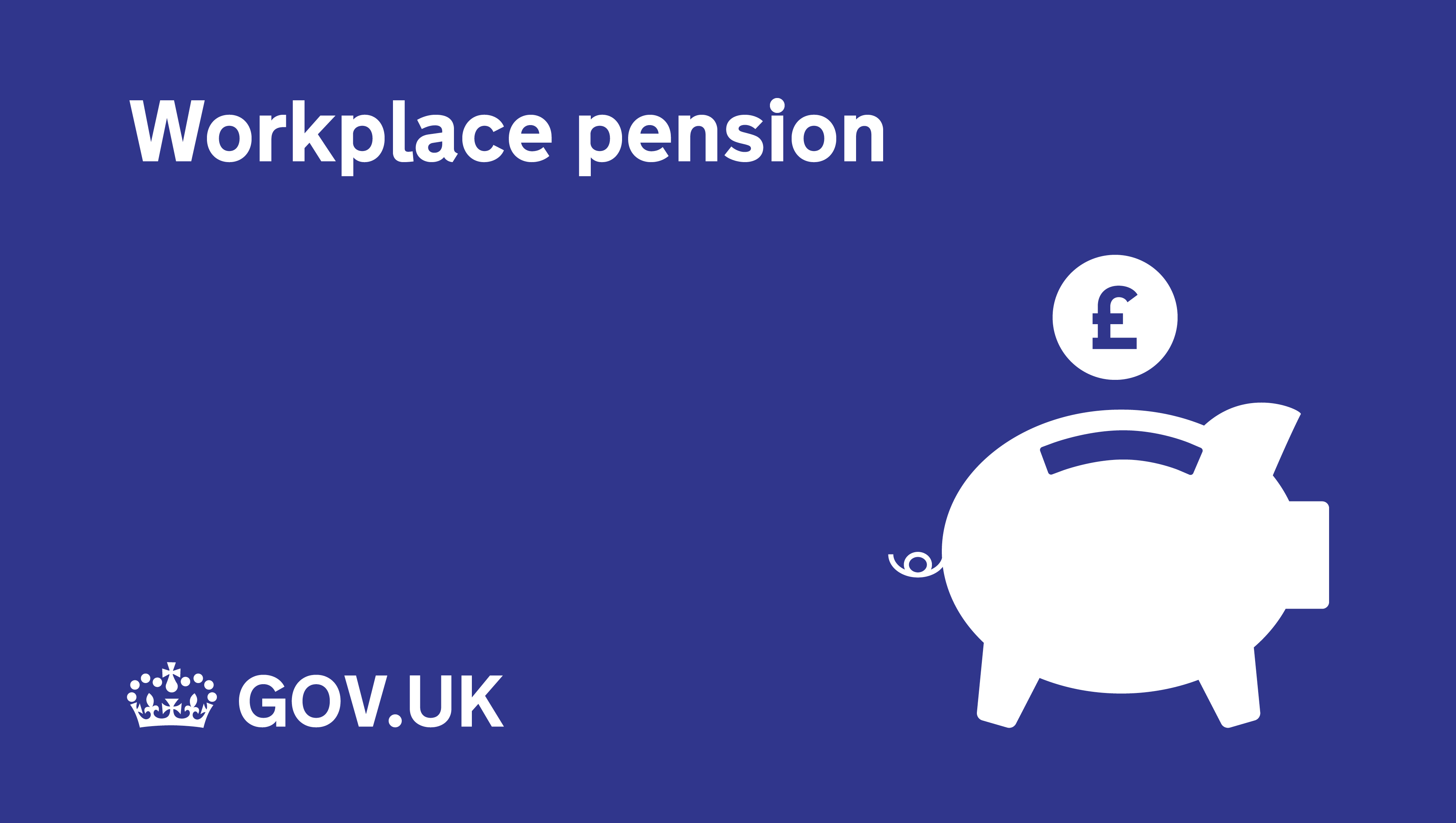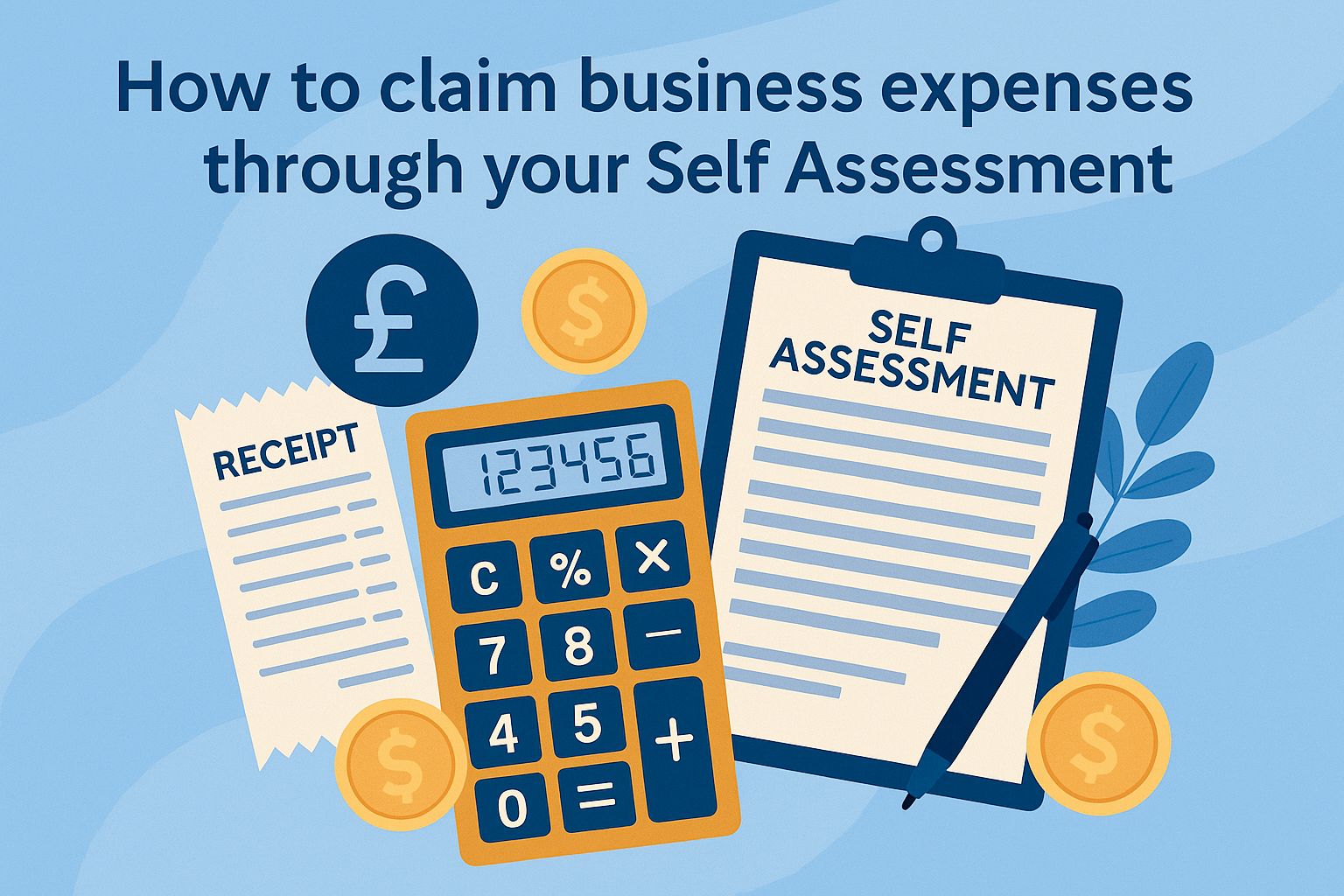VAT Reverse Charge: An Overview Provided by Super Financial Limited
Super Financial Limited is aware that it may be difficult for companies, particularly those working in the construction sector, to stay on top of changes in tax laws. The VAT Reverse Charge is one such law that had a big impact on the industry. By transferring the burden of VAT reporting from the supplier (subcontractor) to the customer (contractor), this regulation, which was introduced by HMRC on March 1, 2021, aims to reduce VAT non-compliance in the construction industry.
At Super Financial Limited, we stress how important it is to stay compliant and accurately differentiate between zero-rated VAT and the VAT reverse charge because they relate to various construction transactions types and have quite distinct VAT effects. The Construction Industry Scheme (CIS) only allows the reverse charge mechanism for standard-rated (20%) or reduced-rated (5%) construction supplies when they are provided between VAT-registered companies. On the other hand, supplies such as those used in the development of new residential houses, are subject to VAT zero rate. Applying the reverse charge incorrectly to zero-rated supplies is a frequent mistake that can result in inaccurate VAT returns, possible fines, and needless HMRC problems. Financial planning and cash flow may also be affected.
Under the VAT reverse charge, the subcontractor is released from the need to charge and pay VAT when both the contractor and the subcontractor are registered for VAT and the supply is covered by the Construction Industry Scheme (CIS). Rather, the contractor is required to directly account for the VAT on their own VAT return. Only business-to-business transactions are affected by this modification; end users, or clients who do not provide further construction services, must be charged VAT amount applicable e.g. a CIS Contractor must charge full VAT amount for a new build where the client is an end-user or even for buy-to-let (BTL).
Most construction-related services, including site preparation, bricklaying, roofing, plumbing and electrical work, plastering, decorating, and the installation of systems like heating or ventilation, are covered by the VAT reverse charge. The reverse charge still applies to the full invoice, including the cost of supplies, even if items are provided in addition to these services.
Even though the contractor is not required to pay VAT directly to the subcontractor, the subcontractor must still include the applicable VAT rate on the invoice. Additionally, the invoice must clearly state that the VAT reverse charge applies, indicating that the responsibility for accounting for the VAT lies with the contractor rather than the subcontractor.
Super Financial Limited provides customers with expert advice and practical support to help them stay compliant with the law. Our team makes sure all CIS and VAT procedures are completed accurately and effectively, checks supplier and customer status, and instructs employees on how to apply the reverse charge. To free up our clients’ time to concentrate on their main business, we additionally handle monthly CIS returns filings and interaction with HMRC.
To sum up, the VAT reverse charge has made VAT accounting in the construction industry more complicated, but companies can handle it with our assistance. With Super Financial Limited by your side, you can confidently navigate the complexities of the VAT reverse charge, ensuring your business stays compliant, efficient, and financially secure.
Whether you’re unsure if you’re affected by the VAT Reverse Charge or seeking clarity on when and how it applies, we’re here to help. As experienced professionals at Super Financial Limited, we’ll guide you every step of the way with clear advice and reliable service you can count on.












